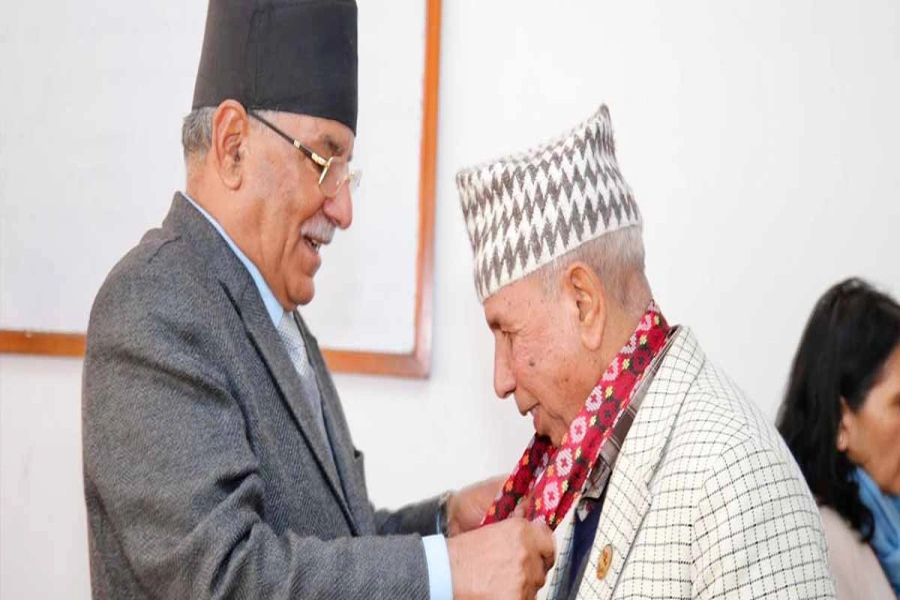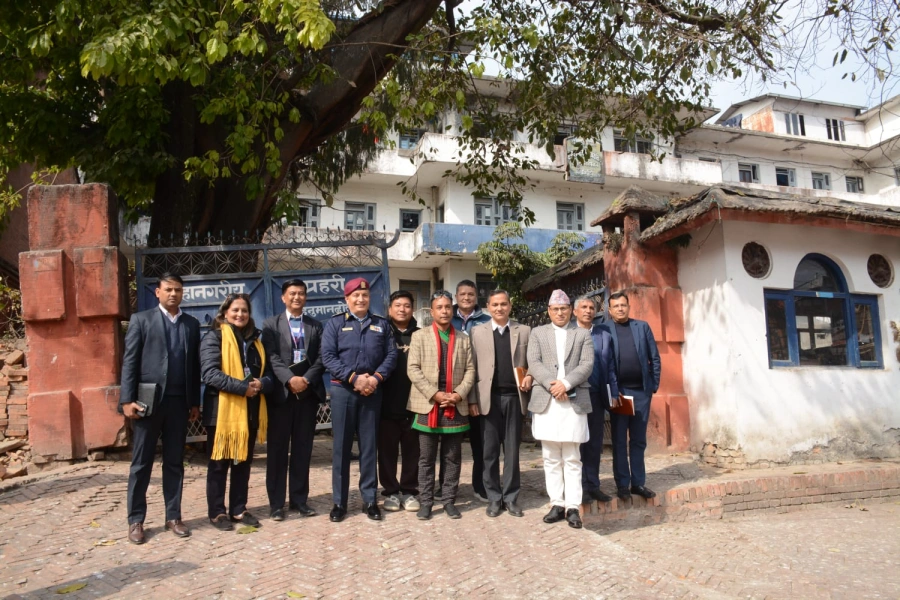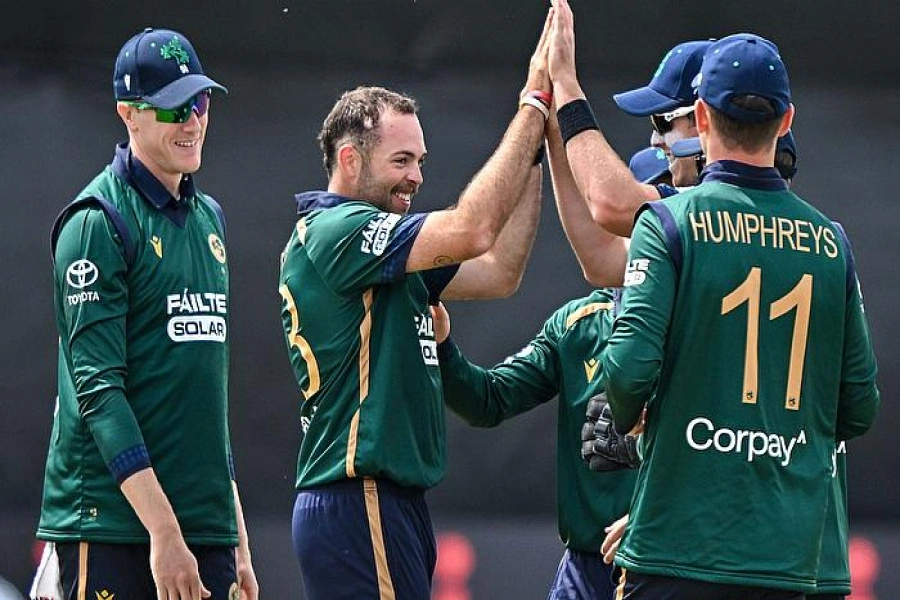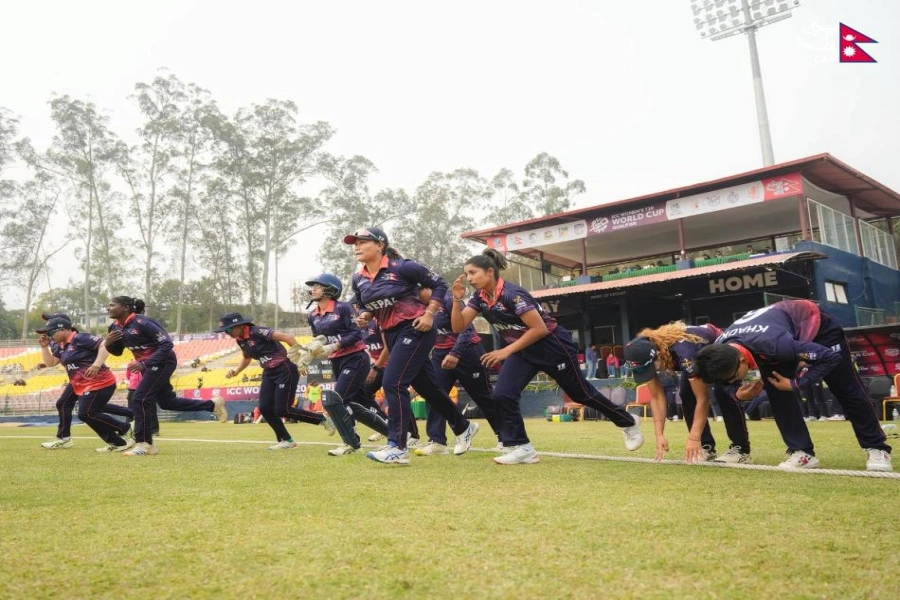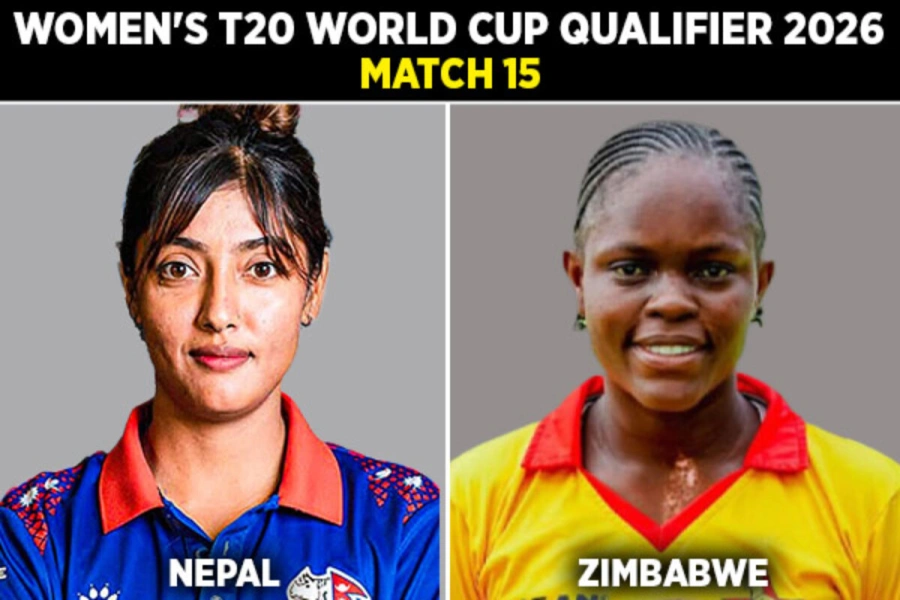TOKYO, July 27: Wind and rain buffeted the Tokyo Olympics on Tuesday, causing delays to competition and event rescheduling, but stopping short of battering the host city as initially feared.
While organisers remained on alert to monitor impact from the tropical storm off Japan's east coast, those competitors unaffected by the weather got Day Four of competition off to a flying start.
Flora Duffy achieved instant national hero status when she won Bermuda’s first Olympic gold medal with victory in the women's triathlon.
The 33-year-old hailed it "an incredible moment" and as Bermuda became the least populous nation to win a Summer Olympics gold its Premier David Burt sent his congratulations over Twitter, saying: "You've worked so hard and you've made an entire island proud!"
In the pool, Russian Evgeny Rylov broke a U.S. stranglehold on the men's 100m backstroke, becoming the first non-American to win the event at an Olympics since 1992.
Infographics: The massive costs behind Olympic games

Tom Dean powered to gold in the men's 200m freestyle, heading a British one-two with Duncan Scott taking silver.
MAN AGAINST OCEAN
Australian Kaylee McKeown took the women's 100 metres backstroke gold, and Lydia Jacoby won the women's 100m breaststroke for the United States.
At the archery venue, early rounds of the individual events were delayed by some two and a half hours, and were now due to start at noon local time.
The conditions meant there was no training on the practice field at Tokyo's Yumenoshima Park Archery Field, with staff in rain coats placing non-slip mats around the facility.
If the archers were left frustrated, though, the surfers were embracing the wet and windy conditions.
"Today is one of those days when it's man against ocean, more so than competing against your competitor, but that's what makes it fun," Japanese surfer Kanoa Igarashi told reporters after scoring a spectacular early barrel wave en route to a quarter-final victory over American Kolohe Andino.
"It's great that we have waves. It's about who wants it more."
Japan's hot, wet and unstable summer weather patterns have been a persistent concern for the Games, which opened on Friday, compounding difficulties for an Olympics being held under a COVID-19 state of emergency.
Tokyo was forecast to receive up 31.5 mm (1.2 inches) of rain over 24 hours from tropical storm Nepartak, now forecast to make landfall in the north early Wednesday, the Japan Meteorological Agency said. It was headed toward Sendai, 370 km (230 miles) up the coast from Tokyo, according to the Tropical Storm Risk monitoring site.
Although Tokyo was spared a predicted overnight deluge, Nepartak remained a tropical storm, able to pack winds up to 118 kph (73 mph), as it meandered off Japan's east coast, rather than weakening to a tropical depression while ploughing northwest, as earlier forecast.
Athletes could, however, welcome a slight respite from the extreme heat that had earlier caused an Olympic archer to collapse. Tuesday's forecast high temperature was 31 degrees Celsius (88 degrees Fahrenheit), below recent highs of 35 degrees Celsius (95 degrees Fahrenheit).






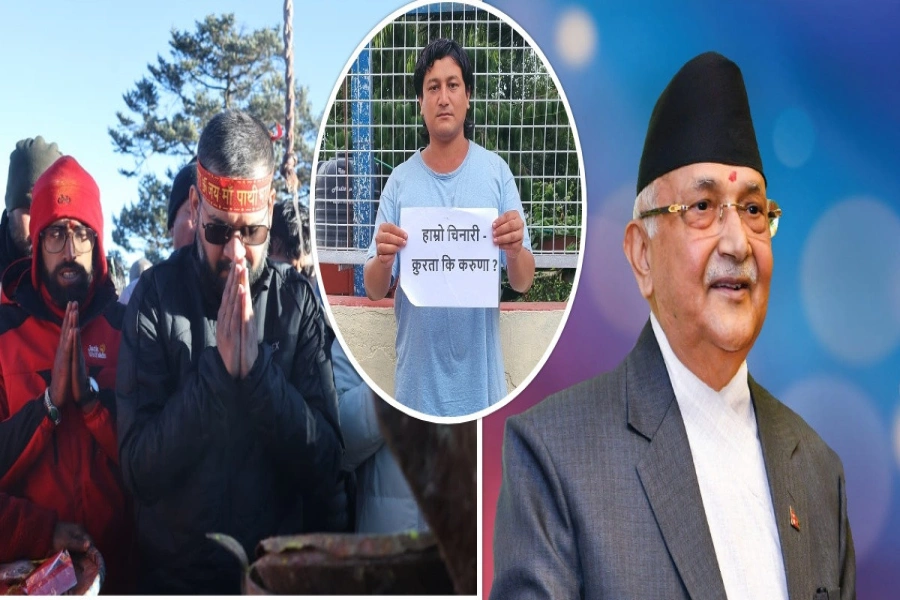


_20210709111950.jpeg)










